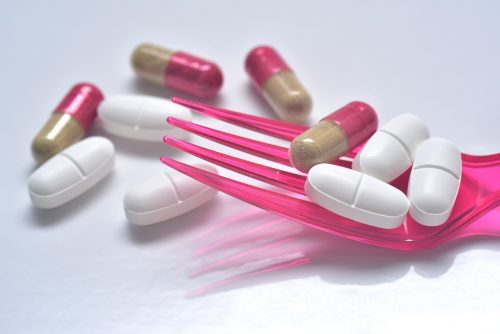A group of Yale researchers made an unexpected discovery when experimenting with aminoglycoside antibiotics. Studying their effects on mice models, the team found that in addition to fighting bacterial infections, they may increase antiviral resistance. Initially, the researchers were hoping to gain better insight into what role bacteria in the vaginal mucosa might play in the variable severity of herpes infections.
“A lot of people have herpes and most people get a primary infection…But a small subset of people get chronic recurrences,” Postdoctoral Associate Smita Gopinath said. “We don’t really know why some people get those. So we thought that there may be something significant about the bacteria in those people that might explain their recurrent flare ups.”
They treated mice models with the antibiotic neomycin, then infected them with genital herpes. The mice were found to have increased antiviral resistance. But, upon treating mice without exposure to bacteria, they found neomycin still helped strengthen the mice’s antiviral response. This implied that it was not the bacteria causing antiviral resistance, but the antibiotic itself.
Neomycin does this by tricking the mice’s cells into thinking a viral infection has already occurred. This causes cells to increase expression of interferon stimulated genes which help the mice fight off the infection.
While the researchers warn not to use antibiotics to treat viral infections, they think these results have potentially paved the way for a new kind of antiviral treatment. “It actually is effective against different kinds of viruses…You can give this antibiotic to mice intranasally and it protects them against influenza,” Gopinath said “So this has the potential down the road to be an interesting antiviral, but not yet.”

